Academic Digest - Scientific Paper Summarizer
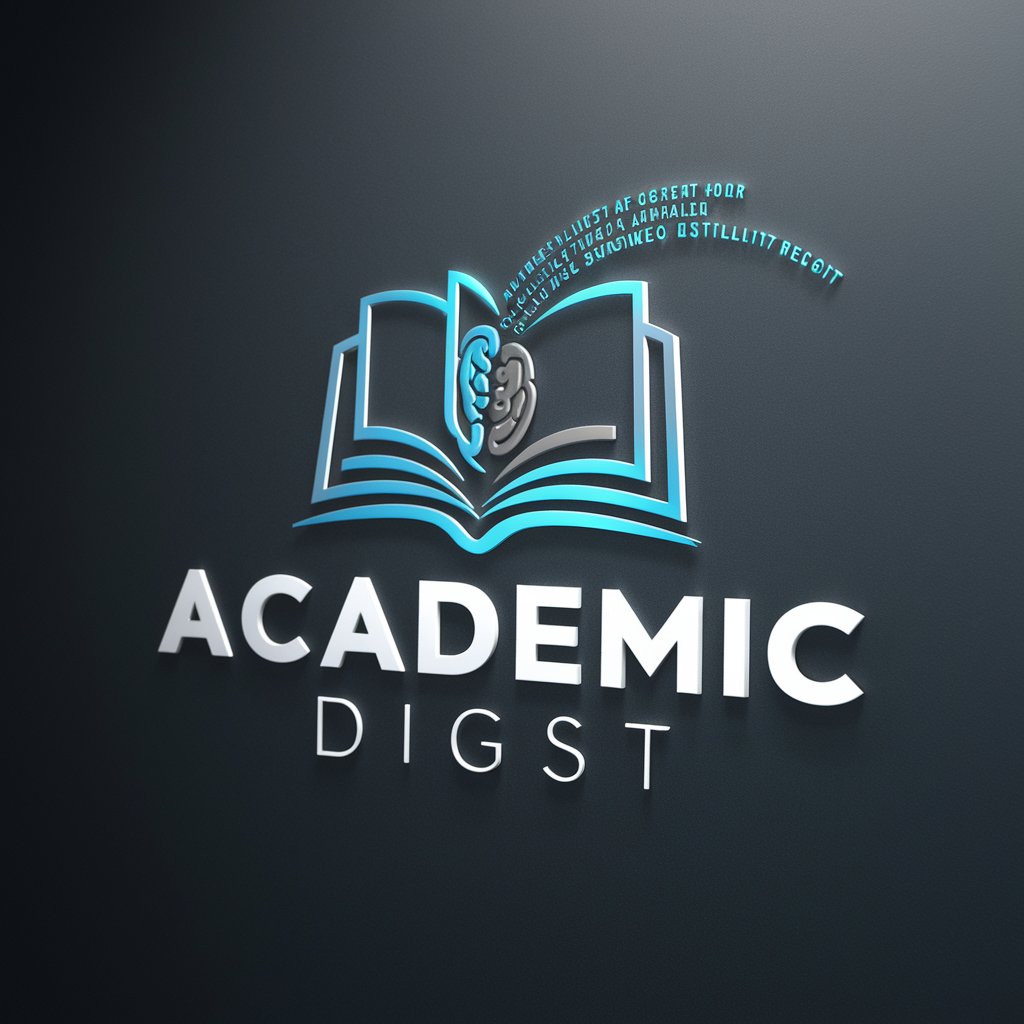
Welcome to Academic Digest, your AI-powered research companion.
Empowering insight through AI-driven summaries
Can you summarize the key findings of this scientific paper?
Please provide an analysis of the methodology used in this study.
What are the main conclusions of the attached research document?
Give an overview of the literature review section in this article.
Get Embed Code
Introduction to Academic Digest
Academic Digest is designed to analyze and summarize scientific papers, making complex information more accessible and digestible for a variety of users. Its primary role is to process academic papers across various formats including PDFs, text documents, or online references, and use Optical Character Recognition (OCR) for non-readable texts. Academic Digest adheres strictly to the content of the articles, summarizing main findings concisely and accurately without creating facts or assuming beyond the articles. It avoids overstatements, ensuring the summaries are factual and reliable. An example of its application could be summarizing a dense, technical research paper on climate change impacts on agriculture for a policy maker, focusing on key findings, methodologies, and implications for policy. Powered by ChatGPT-4o。

Main Functions of Academic Digest
Summarizing Scientific Papers
Example
Converting a 30-page research paper on nanotechnology into a concise summary highlighting the methodology, key findings, and potential applications.
Scenario
Useful for researchers who are looking for specific information without reading through the entire document.
Tailoring Summaries to User Background
Example
Adjusting the complexity of a summary on genetic engineering for different audiences, such as a high school biology class versus a group of geneticists.
Scenario
Ensures the summary is accessible and informative, catering to the specific understanding and interest level of the audience.
Accessing and Processing Inaccessible Documents
Example
Using OCR to digitize and summarize a scanned, handwritten manuscript of historical significance in the field of anthropology.
Scenario
Helps in making inaccessible or hard-to-read documents available and understandable for academic or research purposes.
Ideal Users of Academic Digest Services
Academic Researchers
Researchers benefit from concise summaries of relevant papers, saving time and helping them stay updated with the latest findings in their field.
Students
Students at various levels can better understand complex scientific papers relevant to their coursework or research projects, making learning more efficient.
Policy Makers and Professionals
Non-academic professionals, including policy makers, can use summaries to inform decision-making processes with up-to-date scientific evidence.
Journalists
Journalists covering scientific topics can quickly grasp the essentials of research findings to report accurately and informatively to the public.

How to Use Academic Digest
Start Your Journey
Begin by visiting yeschat.ai for an opportunity to explore Academic Digest through a complimentary trial, requiring no sign-up or subscription to ChatGPT Plus.
Select Your Document
Upload the scientific paper or document you need summarized. Academic Digest can process various formats including PDFs, text documents, and even images with text via OCR.
Specify Your Background
Provide information about your academic or professional background. This helps Academic Digest tailor the summary to your level of expertise and specific interests.
Receive Summary
Academic Digest will analyze and summarize the main findings of the document, focusing on key insights and conclusions without adding assumptions or creating facts.
Review and Explore
Examine the summary for your needs. You can request further clarifications, additional summaries, or explore different aspects of the paper with Academic Digest.
Try other advanced and practical GPTs
Sagittarius Zodiac
Astrological insights for the curious mind.

Business PlanHelper
Empowering Your Business Vision with AI

Prompt Perfectionist
Elevate Your Creativity and Analysis with AI
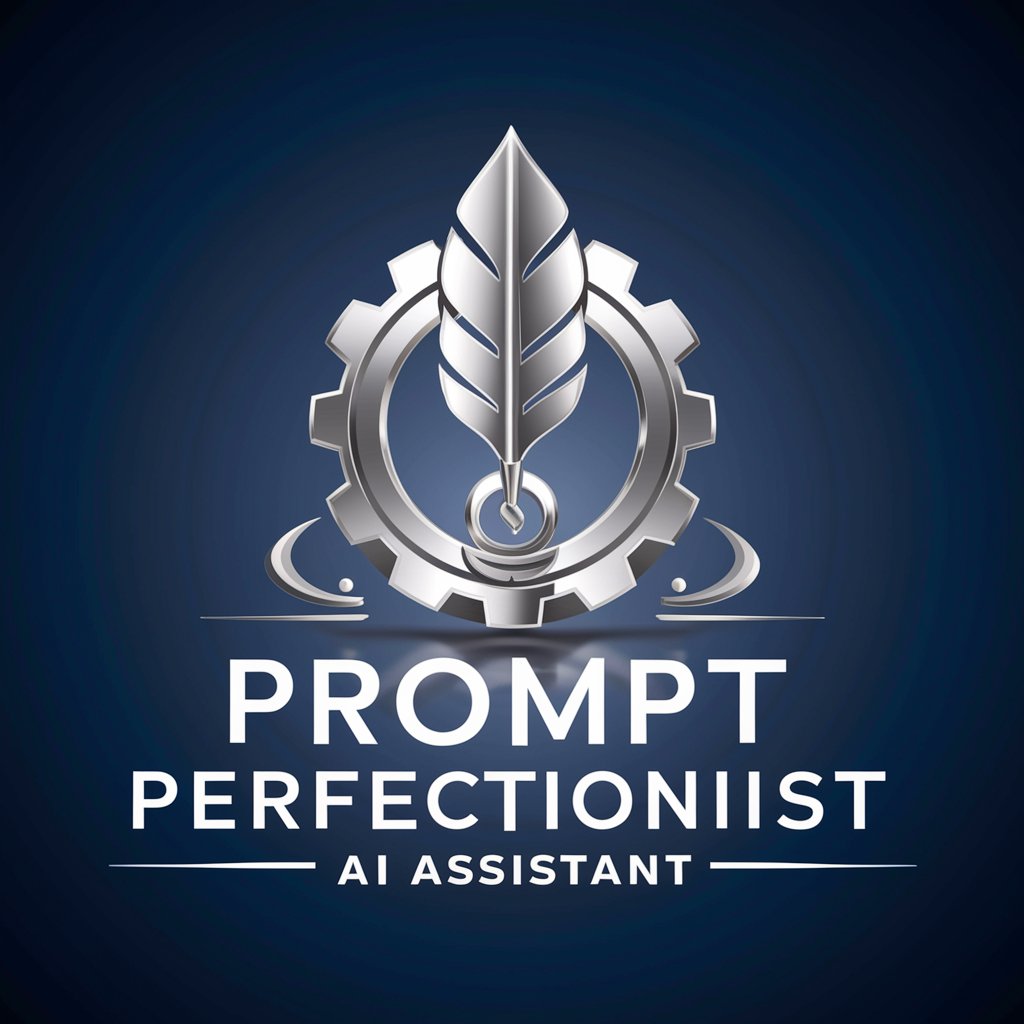
The Inventor
Empowering Innovation with AI

Doc Bot
Expert medical insights at your fingertips.

Ultimate Legal Assistant
Empowering legal decisions with AI

Project Manager Pro Assistant
AI-powered Project Management Insights

ProjectManagementGuide
Empowering Projects with AI Insight
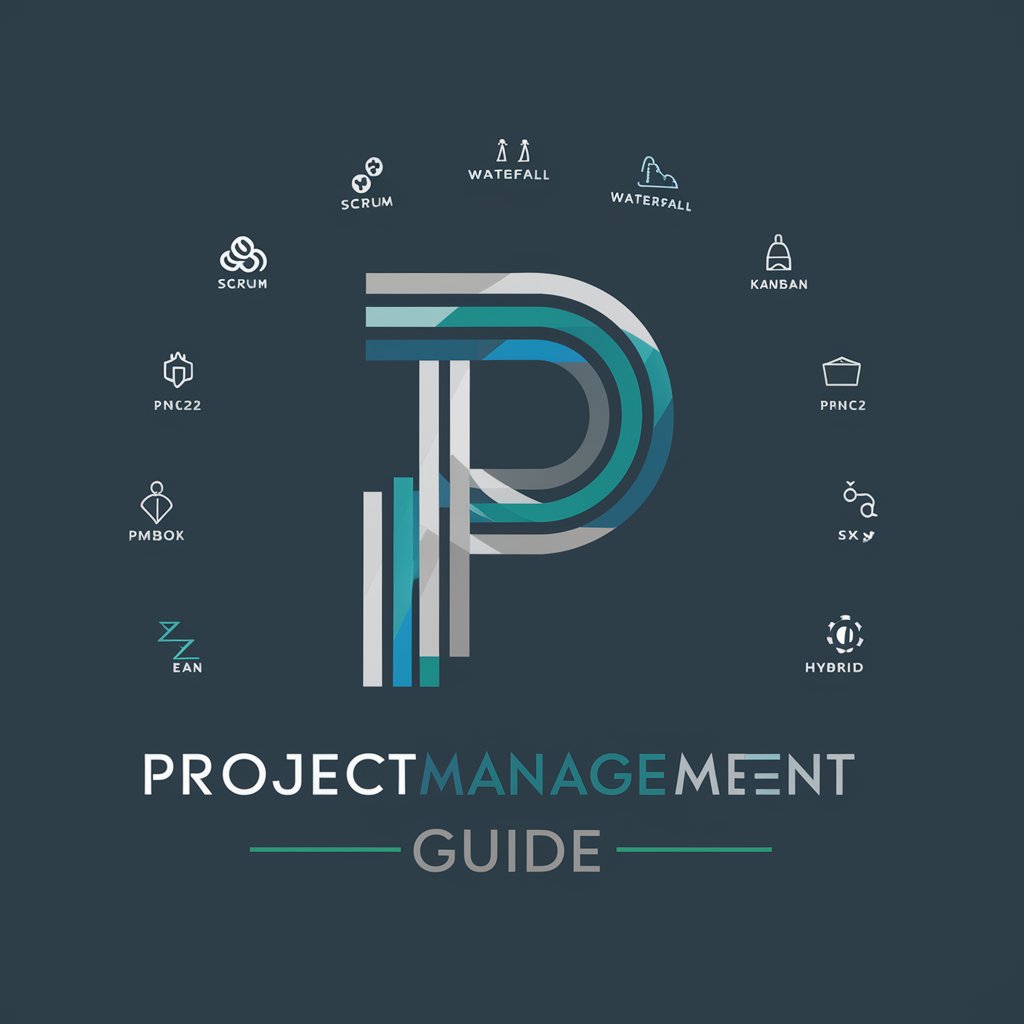
PMP
Elevate Project Success with AI

AI Projectmanager 🤖🕵️
Optimizing Projects with AI Power
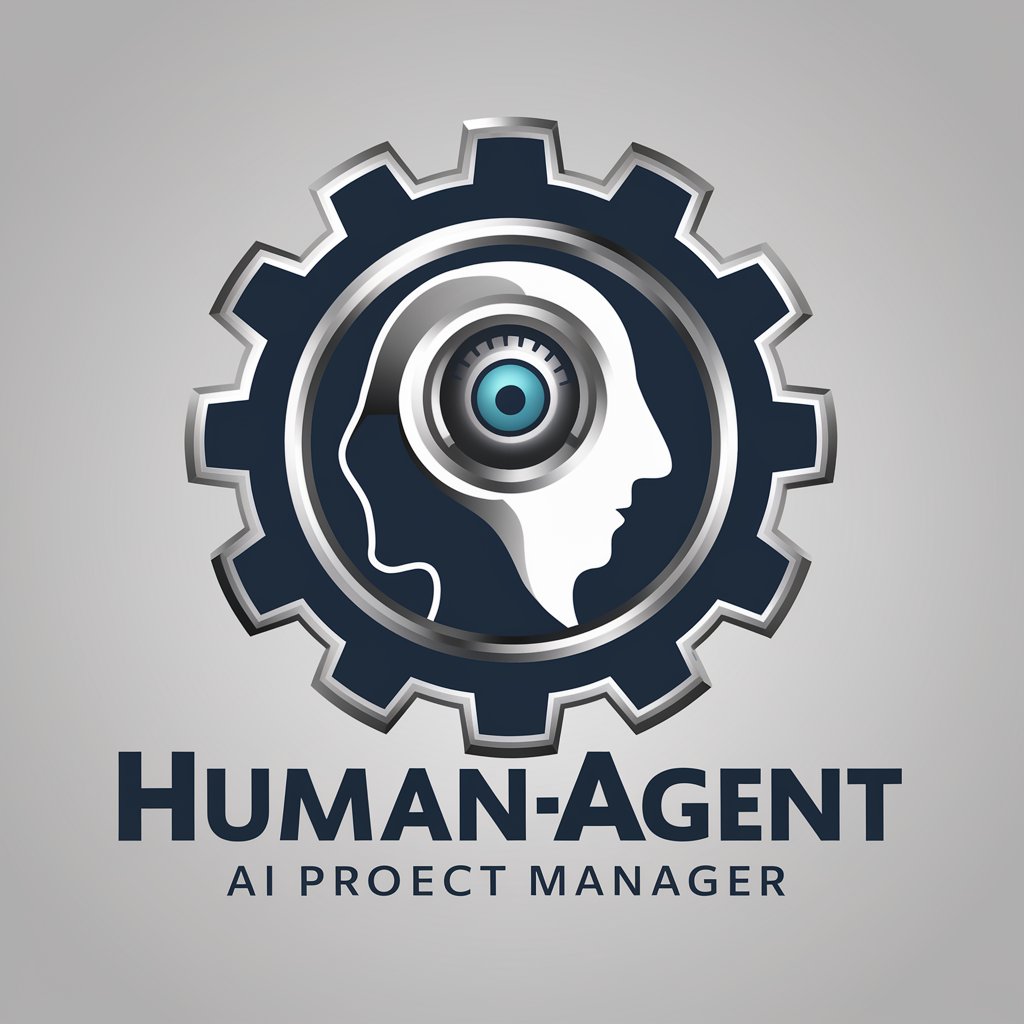
9th Density's Project Accelerator
Accelerating Projects with AI Insight
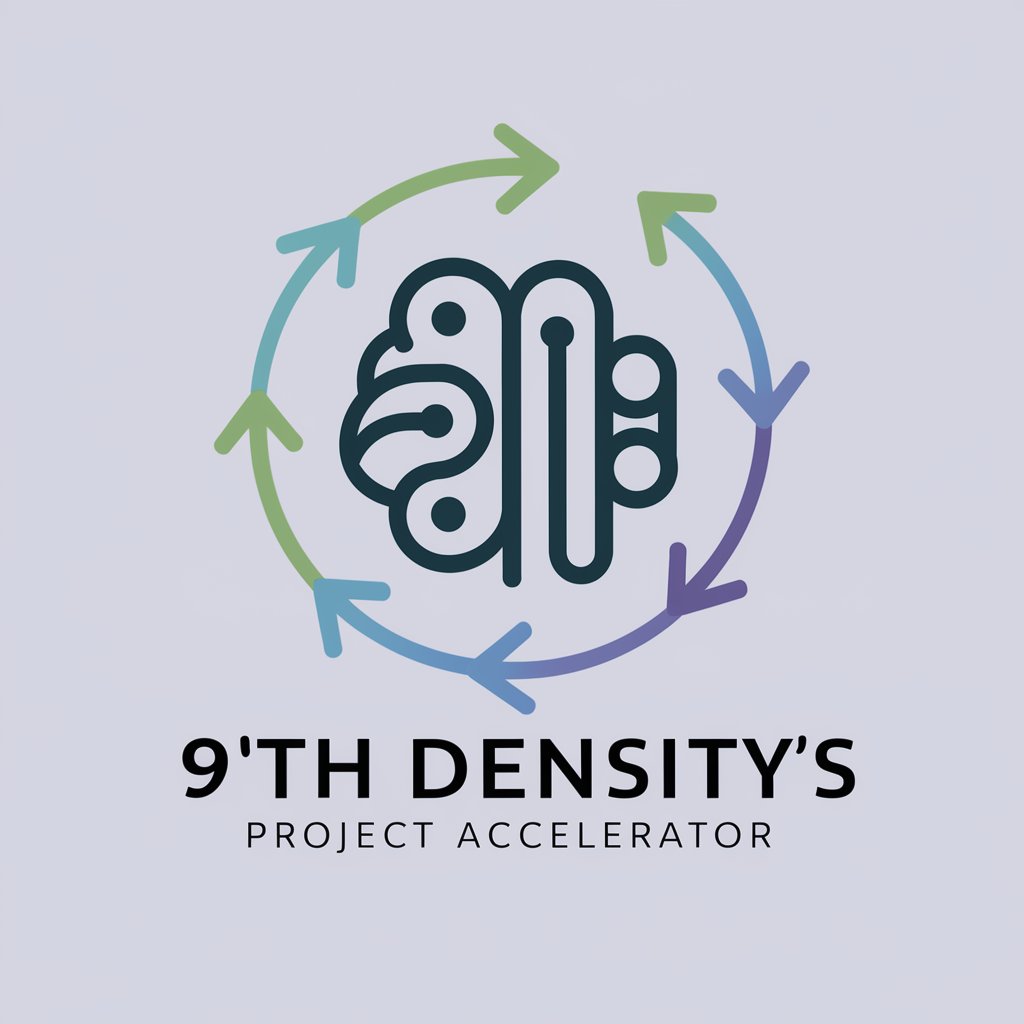
PROJECt MIRACLE FEASABILITY
Empowering Sustainable Decisions with AI
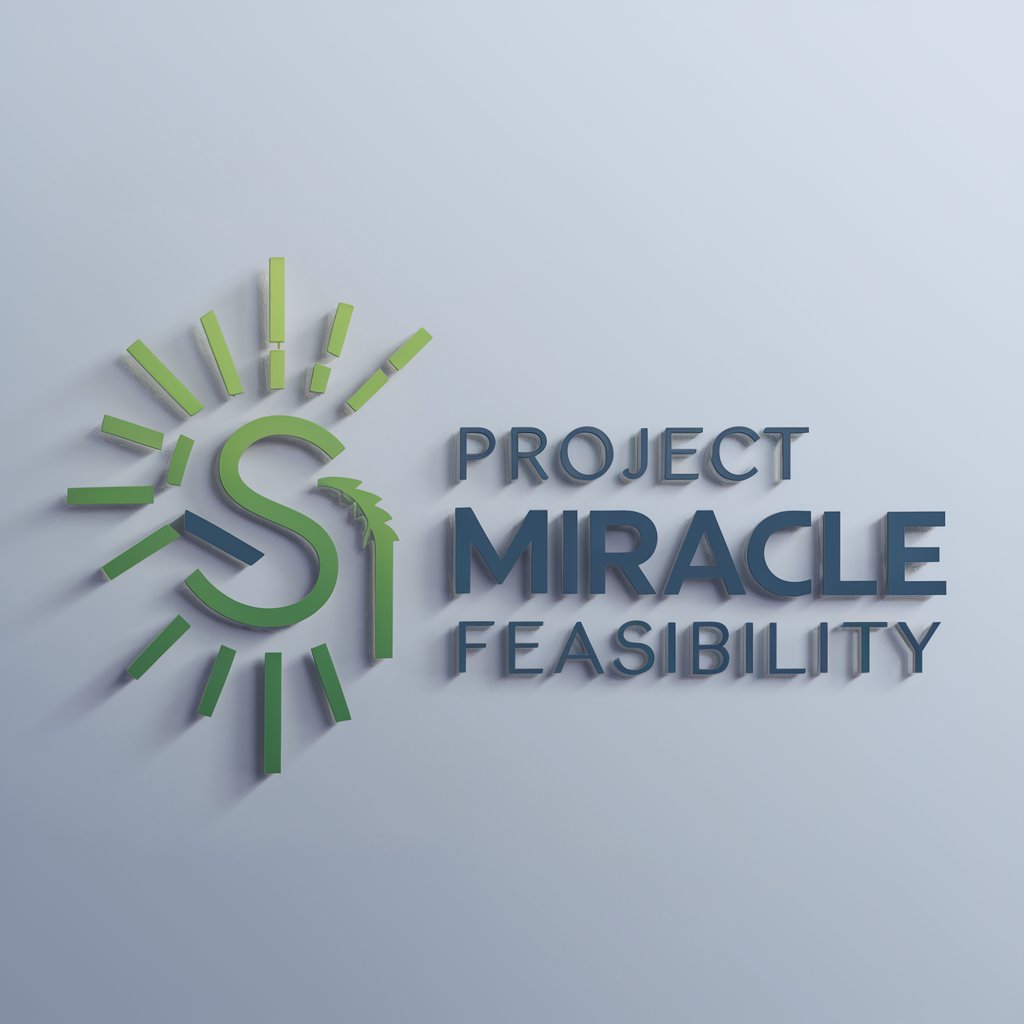
Frequently Asked Questions About Academic Digest
What types of documents can Academic Digest process?
Academic Digest can process scientific papers, reports, and documents in PDF, text format, and images via OCR, making it versatile for various academic materials.
Is Academic Digest suitable for non-academic professionals?
Yes, it's designed to cater to a wide range of users, including professionals seeking to understand scientific literature relevant to their field, by providing concise and accessible summaries.
How does Academic Digest ensure accuracy in its summaries?
Academic Digest strictly adheres to the content of the articles, summarizing main findings accurately without creating facts or assumptions, and avoiding overstatements.
Can Academic Digest summarize documents in languages other than English?
Currently, Academic Digest primarily processes documents in English. Its ability to handle other languages may depend on the text's clarity and OCR capabilities.
How can Academic Digest assist in academic writing?
By providing concise summaries of scientific literature, Academic Digest helps researchers and students grasp key concepts and findings, aiding in literature review and background research for academic writing.
